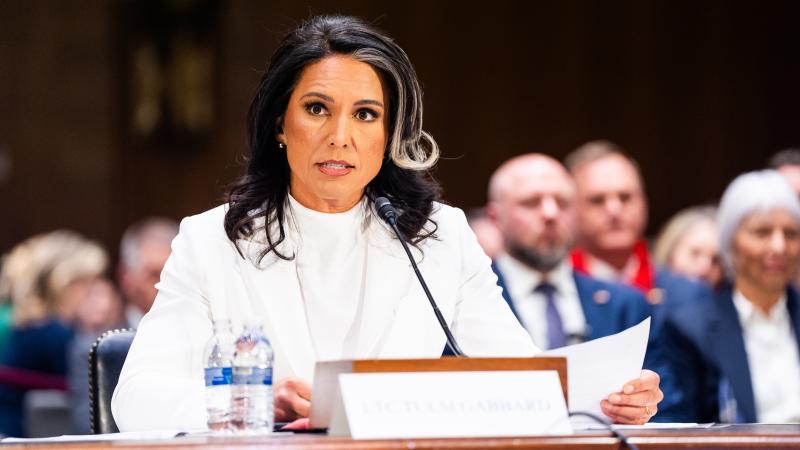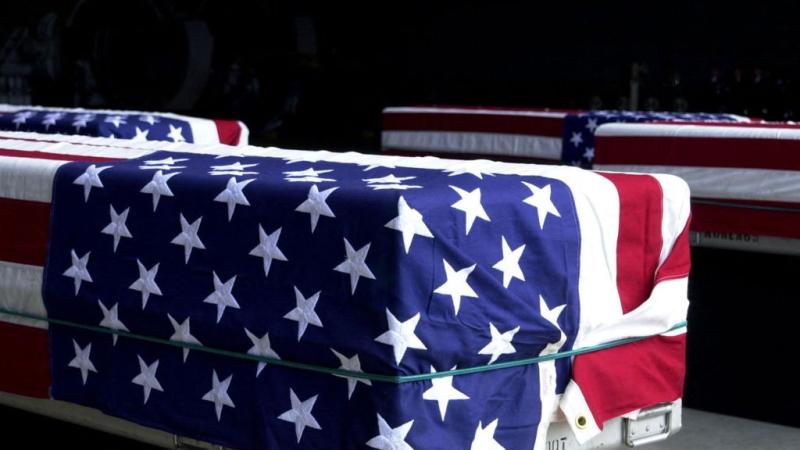Watchdog sounds alarm about military health system shortages
The average wait time for a urology appointment in-network in Hawaii is 67 days while a psychiatry appointment has an average of 52 days wait time, per the report.
The military healthcare system is struggling with staffing shortages and long wait times for the 9.6 million active duty service members, civilian employees, contractors, military retirees, and their dependents, according to a Defense Department inspector general's report.
While visiting U.S. military officials in the Indo-Pacific in May and June 2023, senior military and civilian officials repeatedly informed the inspector general's office of challenges accessing health care, the watchdog said in a report published late last month.
Additionally, the inspector general's office received at least seven hotline complaints over the past year regarding military healthcare access and staffing shortages.
The government's policy is for beneficiaries to receive an appointment for an acute condition within 24 hours of making a request at a provider within 30 minutes travel time from their residence. Additionally, beneficiaries who require a specialty appointment must be able to see a provider within 28 days and 60 minutes travel time from their home.
However, this is not happening for many beneficiaries within the military healthcare network. For example, the Naval Health Clinic Pearl Harbor in Hawaii only offers limited specialty care and is only enrolling active duty service members, so beneficiaries must use a Hawaiian network that only has one level 1 trauma center and exceeds the 28-day limit. For example, the average wait time for a urology appointment in the network is 67 days while a psychiatry appointment has an average of 52 days wait time, per the report.
The inspector general recommended the Defense Health Agency director to identify all locations where healthcare is not meeting Defense Department standards and to develop a plan to bring the provider networks into compliance. The watchdog also recommended the Defense Health Agency to work with the Service Surgeons General to conduct a survey of military healthcare beneficiaries and providers to ask about their healthcare services and potential concerns, and then use that survey to develop a plan addressing their concerns.
The recommendations remain unresolved as of press time.
Healthcare concerns are not the only problem facing members of the armed forces. An inspector general's report in September showed that thousands of U.S. service members live in "substandard" barracks that pose potentially serious health and safety concerns. The Pentagon, however, missed a deadline to provide Congress with a report on the possibility of privatizing barracks, which could address the issue.
















